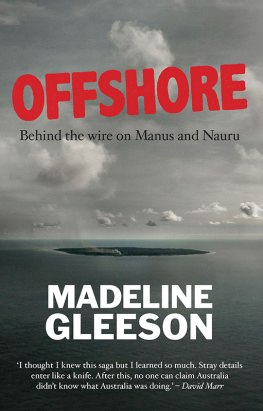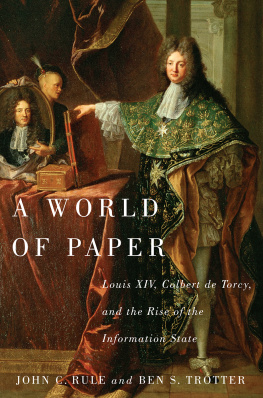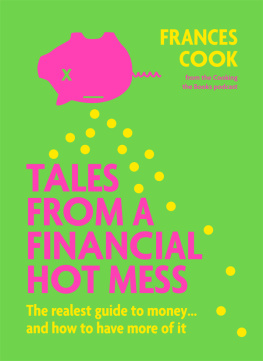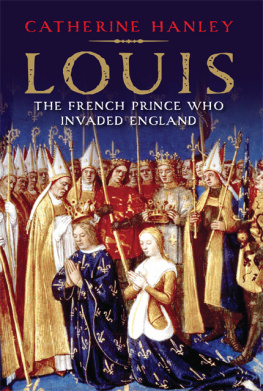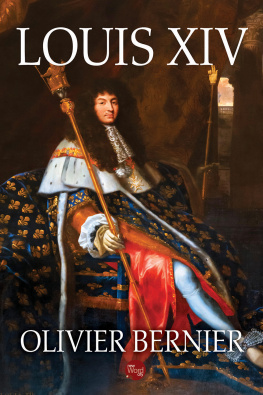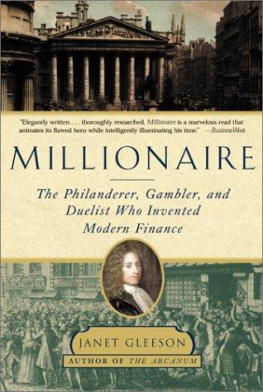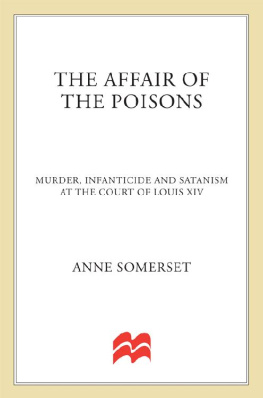Gleeson - Millionaire: the Philanderer, Gambler, and Duelist Who Invented Modern Finance
Here you can read online Gleeson - Millionaire: the Philanderer, Gambler, and Duelist Who Invented Modern Finance full text of the book (entire story) in english for free. Download pdf and epub, get meaning, cover and reviews about this ebook. City: Riverside, year: 2000;2001, publisher: Simon & Schuster, genre: Detective and thriller. Description of the work, (preface) as well as reviews are available. Best literature library LitArk.com created for fans of good reading and offers a wide selection of genres:
Romance novel
Science fiction
Adventure
Detective
Science
History
Home and family
Prose
Art
Politics
Computer
Non-fiction
Religion
Business
Children
Humor
Choose a favorite category and find really read worthwhile books. Enjoy immersion in the world of imagination, feel the emotions of the characters or learn something new for yourself, make an fascinating discovery.
- Book:Millionaire: the Philanderer, Gambler, and Duelist Who Invented Modern Finance
- Author:
- Publisher:Simon & Schuster
- Genre:
- Year:2000;2001
- City:Riverside
- Rating:3 / 5
- Favourites:Add to favourites
- Your mark:
Millionaire: the Philanderer, Gambler, and Duelist Who Invented Modern Finance: summary, description and annotation
We offer to read an annotation, description, summary or preface (depends on what the author of the book "Millionaire: the Philanderer, Gambler, and Duelist Who Invented Modern Finance" wrote himself). If you haven't found the necessary information about the book — write in the comments, we will try to find it.
On the death of Frances most glorious king, Louis XIV, in 1715, few people benefited from the shift in power more than the intriguing financial genius from Edinburgh, John Law. Already notorious for killing a man in a duel and for acquiring a huge fortune from gambling, Law had proposed to the English monarch that a bank be established to issue paper money with the credit based on the value of land. But Queen Anne was not about to take advice from a gambler and felon. So, in exile in Paris, he convinced the bankrupt court of Louis XV of the value of his idea.
Law soon engineered the revival of the French economy and found himself one of the most powerful men in Europe. In August 1717, he founded the Mississippi Company, and the Court granted him the right to trade in Frances vast territory in America. The shareholders in his new trading company made such enormous profits that the term millionaire was coined to describe them. Paris was soon in a frenzy of speculation, conspiracies, and insatiable consumption. Before this first boom-and-bust cycle was complete, markets throughout Europe crashed, the mob began calling for Laws head, and his visionary ideas about what money could do were abandoned and forgotten.
In Millionaire, Janet Gleeson lucidly reconstructs this epic drama where fortunes were made and lost, paupers grew rich, and lords fell into penury -- and a modern fiscal philosophy was born. Her enthralling tragicomic tale reveals two great characters: John Law, with his complex personality and inscrutable motives, and money itself, whose true nature even to this day remains elusive.
Given our modern-day obsession with stock speculation, our frenzied sprint toward pre-IPO investment, and our fascination with the creation of overnight wealth, Janet Gleesons Millionaire is timely, to say the least. The story of John Laws life and legacy is nothing short of incredible, breath-catching drama.
Born into a Scottish family of Church clerics and goldsmiths in 1671, John Law grew up to exude little of the moral and much of the monetary influence in his blood. When, as a 23-year-old gambler and philandering playboy on the London scene, he killed a nobleman in a duel, he was thrown into prison and sentenced to death. After pursing legal channels of appeal and getting nowhere, he eventually escaped and began the life of a gambler-cum-aristocrat in exile. His uncanny knack at the card tables and renowned success with women earned him a dubious reputation within late seventeenth-century European social circles. But his equally outstanding mathematical skills and fascination with the mechanisms of credit also brought him to the attention of political leaders. After attempting to peddle his revolutionary scheme for creating a national bank that issued paper currency to officials in London, Scotland, Vienna, Turin, and elsewhere, Law finally convinced the war-impoverished French government to back his plan. The banks success and the events that followed--Laws introduction of the Mississippi scheme, a wild exercise in capital procurement and share offering that spawned the greatest bull market in history and its drastic crash--make this book fascinating reading for anyone playing the markets today.
Gleeson writes with clarity and style on topics that are notoriously complex and potentially dry. Without dumbing down her subject matter, she elucidates the finer points of credit-based financial systems and stock markets in readable English, welcoming both finance aficionados and illiterates to Laws tale. In that regard, the book is similar to Simon Winchesters The Professor and the Madman, and though ostensibly a record of the rise and fall of one of the worlds most infamous--and ultimately influential--financiers, it is a story of murder, lust, politics, wealth, and poverty and far more intriguing than most fare in its often prosaic category. Indeed, this book will leap off your business bookshelf faster than you can ask who wants to be a millionaire. --S. Ketchum
From Publishers WeeklyGleesons riveting biography of Law shows that market speculation was not invented with the advent of Internet startups, but has a history that goes at least as far back as the beginning of the 1700s, when Laws financial innovations made ordinary citizens rich beyond their wildest dreams. Born in Scotland, Law parlayed his talent for gambling into a substantial fortune that earned him entrance to the most prestigious courts of the early 18th century. With help from his friends in high places, he escaped from an English jail, where he had been sentenced to death for killing a man in a duel, and worked his way to France. Upon his arrival in Paris, Law met the nephew of King Louis XIV, Philippe, duc dOrleans, who soon would assume the throne following the death of his uncle. As regent, dOrleans was faced with a nearly bankrupt country and was eventually persuaded by Law to endorse a system of paper currency. With the regents blessing, Law established the first French bank, and created the Mississippi Company, a conglomerate that held the trading rights to Frances Louisiana territory and in which Law sold shares to the public. At first the bank, and especially the Mississippi Company, performed spectacularly; the boom it fueled made millionaires out of thousands of FrenchmenAand Law a hero. But the overheated economy, which became known as the Mississippi Bubble, soon imploded, driving Law out of France and the country back to the gold standard. With its deft evocation of 18th-century culture and its lucid description of monetary principles, Gleesons absorbing biography is the perfect summer read for dot.com tycoons and those who aspire to be.
Copyright 2000 Reed Business Information, Inc.
Gleeson: author's other books
Who wrote Millionaire: the Philanderer, Gambler, and Duelist Who Invented Modern Finance? Find out the surname, the name of the author of the book and a list of all author's works by series.



